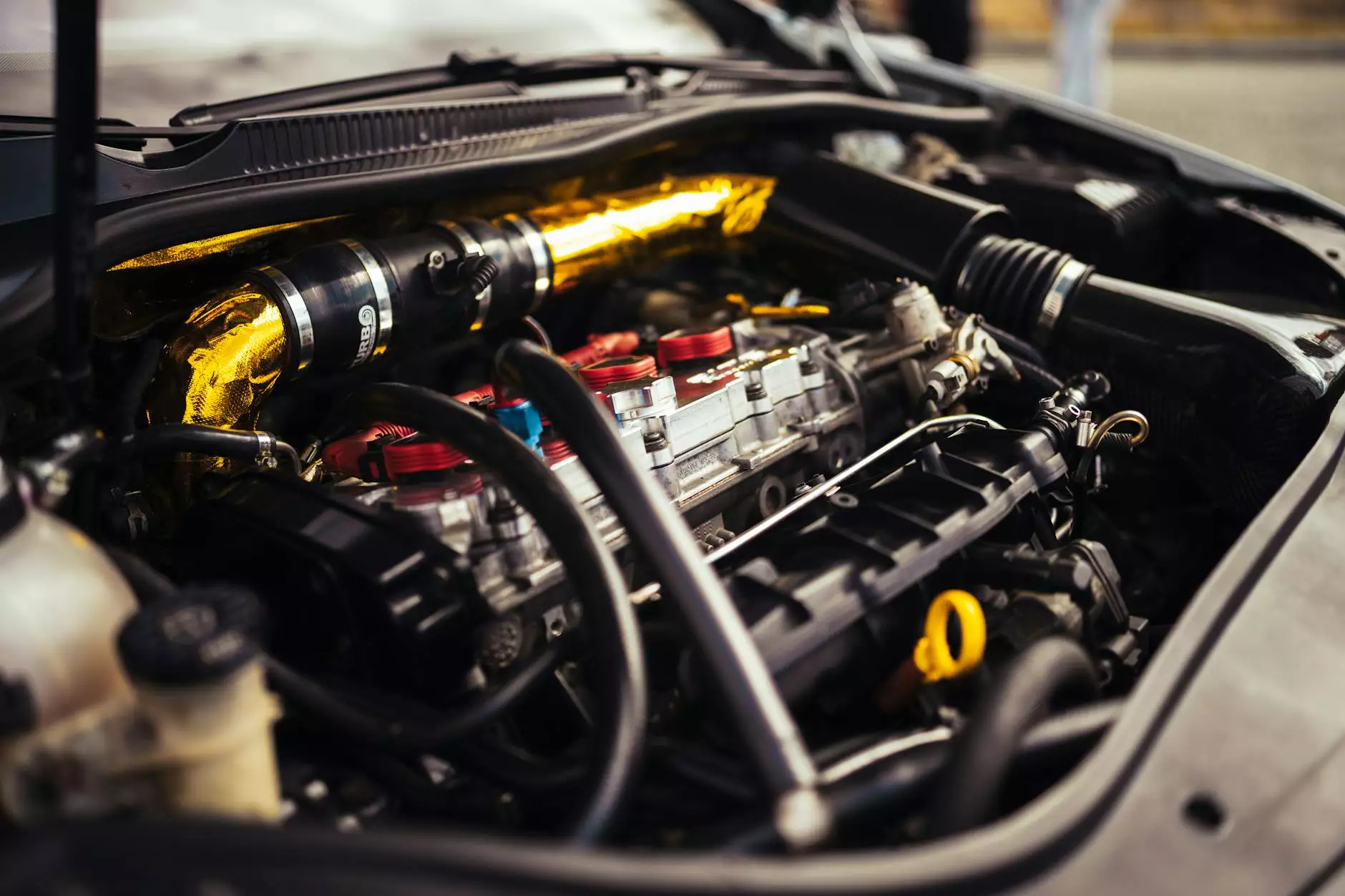The Power of Precision Plastic Injection in Metal Fabrication

In the world of manufacturing, few technologies have made as significant an impact as precision plastic injection. This process has transformed how products are designed and manufactured, offering unparalleled efficiency, accuracy, and versatility. In this article, we will explore the intricacies of precision plastic injection, its advantages, applications in various industries, and how it stands out in the realm of metal fabrication.
Understanding Precision Plastic Injection
Precision plastic injection is a manufacturing process that involves injecting molten plastic into a mold to create a specific shape or product. The precision aspect refers to the tight tolerances and exact specifications that can be achieved during this process, making it ideal for producing complex parts with high consistency.
The materials typically used in this process include thermoplastics such as polycarbonate, polystyrene, and nylon, which can be easily melted and molded. The overall efficiency of this method is superior, allowing for high-volume production runs without sacrificing quality.
The Process of Precision Plastic Injection
The precision plastic injection process can be outlined in several key steps:
- Mold Design: A precision mold is created based on the part specifications. This mold is often made from metal to withstand the high pressures and temperatures during injection.
- Material Selection: The appropriate thermoplastic material is chosen based on the desired properties of the final product.
- Heating and Injection: The plastic is heated until it reaches a molten state and then injected into the mold at high pressure.
- Cooling: The injected material is allowed to cool and solidify within the mold.
- Mold Release: The finished part is ejected from the mold and subjected to quality control checks.
Advantages of Precision Plastic Injection
There are numerous advantages to employing precision plastic injection in manufacturing, particularly in the metal fabrication sector:
- High Precision and Accuracy: This method allows for intricate designs and high tolerances, making it suitable for applications requiring tight specifications.
- Cost-Effectiveness: Although initial mold-making costs can be high, the long-term savings from large-scale production often outweigh these costs.
- Material Versatility: A wide array of thermoplastics can be used, each offering different mechanical properties, making the process adaptable to various needs.
- Reduction of Waste: The process minimizes leftover scrap material, contributing to a more sustainable manufacturing approach.
- Speed of Production: The rapid cycle times associated with precision plastic injection enhance the speed of bringing products to market.
Applications of Precision Plastic Injection in Various Industries
The versatility of precision plastic injection lends itself to a multitude of industries, allowing companies to innovate and improve their product lines. Here are several key applications:
1. Automotive Industry
In the automotive sector, precise plastic parts are essential for both functionality and aesthetics. Precision plastic injection is used to create everything from interior components to robust exterior fixtures, ensuring durability and lightweight performance.
2. Electronics
Electronic devices require precise components that can withstand various environmental conditions. This manufacturing process allows for the creation of intricate housings, connectors, and circuit board accessories that comply with strict industry standards.
3. Medical Devices
The medical field often requires precision in producing complex components for devices such as syringes, inhalers, and diagnostic tools. Precision plastic injection ensures that these devices are consistent, safe, and effective.
4. Consumer Goods
Whether it's packaging for products or the components of household items, the consumer goods industry benefits greatly from the rapid and precise manufacturing capabilities offered by precision plastic injection.
The Impact of Precision Plastic Injection on Metal Fabrication
While precision plastic injection primarily focuses on plastic materials, its influence on metal fabrication cannot be overlooked. Often, metal parts require plastic components for insulation, protection, or functionality. Here’s how precision plastic injection intersects with the metal fabrication industry:
1. Hybrid Part Production
Manufacturers often combine plastic and metal in hybrid parts. For instance, a metal frame may be complemented with precision plastic enclosures or components that serve specific functions, blending the advantages of both materials.
2. Tooling and Molding
The tooling used in precision plastic injection can also be beneficial in metal fabrication. Companies can utilize specialized molds that allow for efficient assembly of metal and plastic parts, streamlining the production process.
3. Design Flexibility
The adaptability offered by precision plastic injection enables designers to create innovative solutions that integrate both materials seamlessly, enhancing product functionality and appeal.
Choosing a Partner for Precision Plastic Injection in Metal Fabrication
When considering precision plastic injection for your metal fabrication needs, selecting the right manufacturing partner is crucial. Here are some factors to consider:
- Experience and Expertise: Look for a company with extensive experience in both plastic injection and metal fabrication. This dual expertise ensures high-quality results.
- State-of-the-Art Equipment: Advanced machinery and technology play a significant role in achieving precision. Ensure that your partner invests in modern equipment.
- Quality Assurance Practices: A reputable manufacturer should have stringent quality control measures to guarantee that each part meets specifications.
- Customer Service: A collaborative approach to working with clients can lead to better outcomes. Choose a partner that prioritizes communication and understanding of your specific needs.
Conclusion
The integration of precision plastic injection into manufacturing processes, especially in the domain of metal fabrication, has opened up new avenues for innovation and efficiency. This method not only enhances production capabilities but also elevates product quality, providing businesses with a competitive edge in their respective markets.
As industries continue to evolve, the demand for precision-engineered components will only grow. By embracing the advantages of precision plastic injection, companies can position themselves at the forefront of manufacturing excellence.
Consider partnering with a specialized firm like DeepMould, where expertise in both metal fabrication and precision plastic injection can help you achieve your manufacturing goals. Together, we can navigate the complexities of modern production technology to create solutions that propel your business forward.









